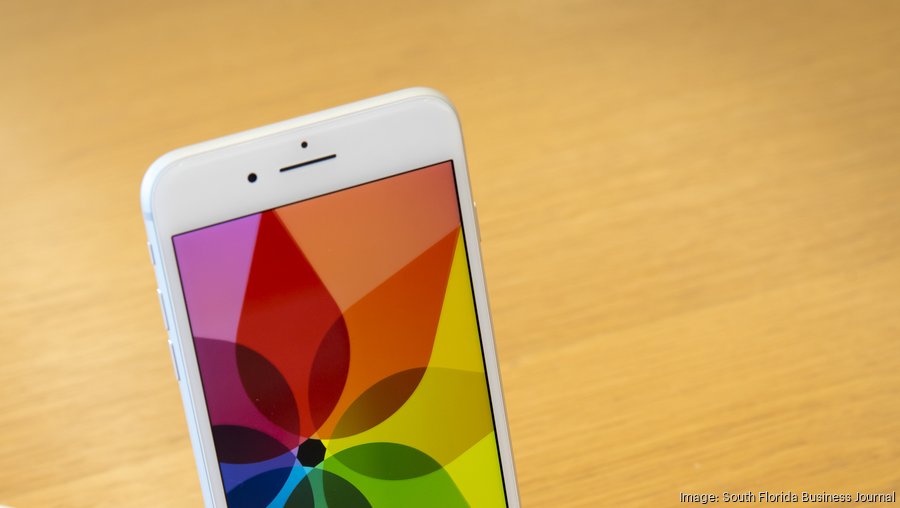Apple Inc. and its contract manufacturers have agreed to pay between $4.5 billion and $4.7 billion in a one-time cash payment to settle their legal disputes with Qualcomm Inc., the San Diego-based chipmaker said this week.
In its latest earnings report, Qualcomm framed the settlement as a victory: Beyond the one-time cash payment, Apple agreed to sign a six-year technology licensing agreement, with an option to extend the agreement for another two years, and agreed to release Qualcomm of any damages it had originally sought in court.
Apple will resume buying mobile modem chips from Qualcomm.
Qualcomm is “pleased to have reached multi-year agreements with Apple and look forward to continuing to support them as a customer,” CEO Steve Mollenkopf said in a statement.
The settlement ends a bitter, multibillion-dollar, multiyear set of back-and-forth lawsuits over Qualcomm’s business practices. The chipmaker claimed Apple had quietly plotted for years to challenge its licensing model in court, in hopes of negotiating cheaper prices on modem chips, which help smartphones connect to mobile networks.
Apple sued Qualcomm in early 2017, Qualcomm countersued, and the two companies filed several dozens subsequent lawsuits across the globe. Both scored minor legal victories in the run-up to the major lawsuit, which began in mid-April.
On the opening day of the trial, Apple and Qualcomm said they had agreed to settle their lawsuits, and go back into the business together.
Behind the scenes, Apple reportedly worried that its new mobile modem chip partner, Santa Clara-based Intel Corp., would miss a key deadline to deliver a 5G-capable modem chip in time for the 2020 iPhone. Qualcomm already has a 5G mobile modem chip in the market, which it currently sells to Apple’s competitors.
Intel has since said it will abandon its plans to build a 5G-capable mobile modem chip.
Meanwhile, Cupertino-based Apple continues to develop its own, in-house mobile modem chip design. Earlier this year, the company reshuffled the leadership of the modem chip team, and brought on a key executive from Intel to help the project.
Qualcomm shares gained more than 3 percent in early-morning trading on Thursday before retreating and closing up 0.9 percent.
